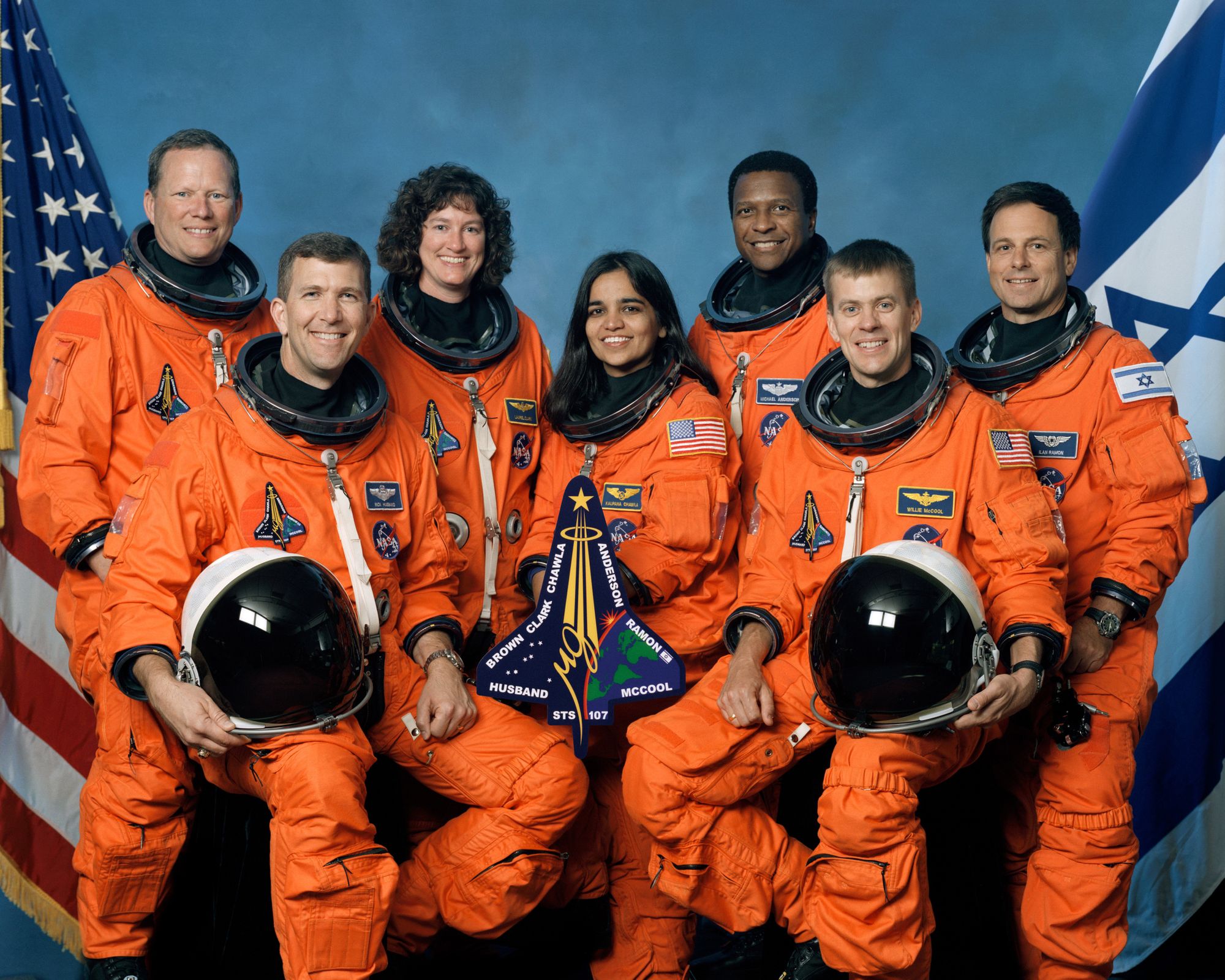I think I speak for a lot of people in my generation when I say that many of us wanted to be astronauts when we were children. As a kid I was surrounded by science books about space, the planets, and the people in funny suits whom we looked up to as heroes. The allure of the final frontier was so immense that it’s hard to imagine the childhood version of myself not wanting to become a member of an elite crew pushing the boundaries of exploration. For a period of time in my life, dreaming of becoming an astronaut felt great.
It's easy in hindsight to look back at our childhood aspirations as naive and rose-tainted. Of course being an astronaut is extremely difficult, and so few people go to space for a good reason: it’s really dangerous. These are things every person with a passing knowledge of the space program will eventually learn one way or another. Most kids were probably outright told how dangerous being an astronaut was by the grown-ups, or were told that being one wasn’t all it was cracked up to be. I wasn’t like most kids.
I’m sure my parents were very well aware of the hazards that came with becoming an astronaut. However every time I told them I wanted to be an astronaut when I grow up, bless their hearts, they just smiled and encouraged me to follow my dreams. They probably didn’t want me to lose my childhood innocence so soon; Santa Claus was already an early casualty just a year earlier.
Luckily for them they never had to deliver the bad news. I was going to figure it out on my own.
It was February 2, 2003, Sunday morning. I had just finished eating breakfast, and was going to my parents’ room for reasons I can no longer remember.
This was playing on the television:
The Columbia Disaster was devastating news to hear on multiple levels. It woke me up to the idea that this dream profession of mine was potentially deadly, something that wasn't very emphasized in the books of my childhood. Even if I was aware of the tragedies involved in previous space program mishaps, I didn't think tragedy in space would follow humankind into the 21st century; I was wrong. Loss of life was still very much a possibility, and the grotesque image of the once majestic Space Shuttle Columbia disintegrating across the sky remains a painful memory.
In the wake of the investigation, the disaster also made the heartbreaking revelation that NASA was a flawed organization, one that could be mismanaged up until the unforeseen death of seven promising astronauts. I was given the impression up until that point that NASA was an invincible institution, where the brightest minds always triumphed over internal squabbling in order to accomplish incredible human feats. I still, to this day, believe that NASA does incredible work in the service of science and exploration, but the Columbia tragedy permamently changed my personal relationship with the space agency, one that was less pantheonic.
All of this was a lot to take in as a 10-year old kid who loved space, but for all the trauma it caused, Columbia may well have changed my life.
It may be odd that I am placing so much significance on this particular moment in my life, but I do genuinely believe that the Columbia tragedy was a major personal inflection point. It forced me to question everything I thought I knew about the people and the institutions I looked up to or was told to look up to. It humanized both the astronauts and the thousands of employees at NASA, providing me the much needed reality check that they are just as imperfect as the other people you hear about on the news. Most importantly though, it made me take a cold, hard look at my life choices. Like many kids before me, I ultimately decided to not be an astronaut; though it took an unforeseen tragedy to get to that realization.
All of these painful lessons are reasons why I can’t help but look back at this pivotal moment in the history of human spaceflight. In my case, to witness the Columbia disaster was quite literally to grow up, even if just a little bit. Everyone has critical moments in their upbringing that shaped their journey to adulthood, to the real world. Columbia was most certainly one of mine.
Remembering Columbia

Official photo of the STS-107 crew. From left-to-right: David Brown, Rick Husband, Laurel Clark, Kalpana Chawla, Michael Anderson, William McCool & Ilan Ramon
Looking through archival footage covering the events of Columbia, I stumbled upon this interview of some of the astronauts expressing their enthusiasm for the mission. They were also talking about how they were looking forward to future missions after STS-107. I struggled to hold back tears the whole time.